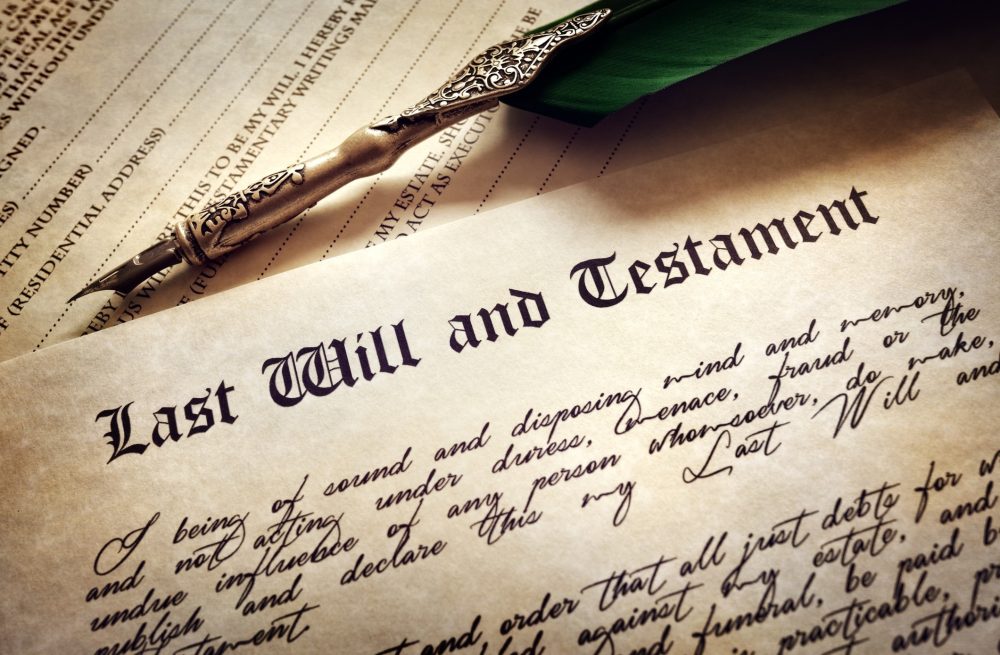When a loved one dies, their Last Will and Testament (“Will”) governs the distribution of their estate. But what happens when a loved one dies without a validly executed Will? In New Jersey, a law was enacted specifically to address this situation. A person that dies without a Will is referred to as having died intestate. Estate administration, including those for intestate estates, is handled in a special court known as the Surrogate Court in the county in which the decedent lived.
A person may submit an application with the Surrogate Court to administer an intestate estate after the death of their relative. However, there are certain individuals that have priority, or a prior right, to apply before others, such as the decedent’s surviving spouse, domestic partner, or civil union partner. If the decedent did not have a partner, the next-of-kin have priority based on their relationship with the decedent.
The person applying for the administration of the estate must obtain renunciations from any other competent adults whose right to apply is prior or equal to his. Another option is for the individual to send out sufficient notices to people with priority. In order to be considered sufficient, the notice must be given to New Jersey residents at least 10 days before the administration application is filed. For people that live out-of-state, the notice must be sent up to 60 days in advance; occasionally, this time period may be shortened by the Surrogate. The notices should be sent with a return receipt requested so the proof of mailing can be filed with the Surrogate.
If no one files an application for letters of administration within 40 days of the death of the decedent, then a creditor of the decedent may apply. The creditor is also responsible for giving notice to other parties with interest or obtaining renunciations from them. The Surrogate will appoint a disinterested third-party other than the creditor to serve as an administrator because the creditor has adverse interests to the next-of-kin.
The administrator of the estate must always post a bond, which is similar to an insurance policy against any losses caused by the administrator. This bond cannot be waived, but the Surrogate may reduce the monetary amount that is required.
Generally, the spouse, domestic partner, or civil union partner will receive the entire intestate estate as long as the following conditions are met: (1) no descendant or parent of the decedent survives the decedent; or (2) all of decedent’s surviving descendants are also descendants of the surviving spouse, domestic partner, or civil union partner, and there are no other descendants of the surviving spouse, domestic partner, or civil union partner who survive the decedent. However, in situations where there are surviving parents, grandparents, or other descendants, the surviving partner will only get a percentage of the estate; the amount varies depending on who else survives the decedent.
Estate administration is a very complex process even when a person dies with a valid Will. When a person dies intestate, there are even more complicated issues to address, as you can see from the last paragraph. If you are currently handling an intestate estate, have general questions about estate administration, or need help with any other legal matter, please contact Ward, Shindle, and Hall. We offer free consultations.

